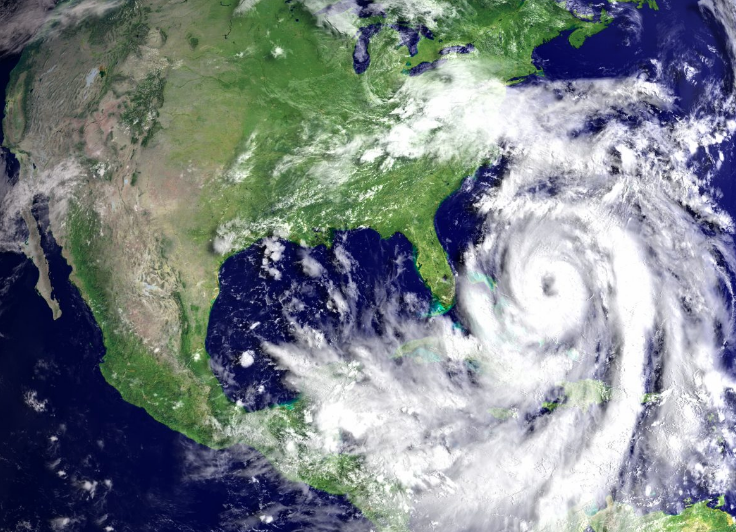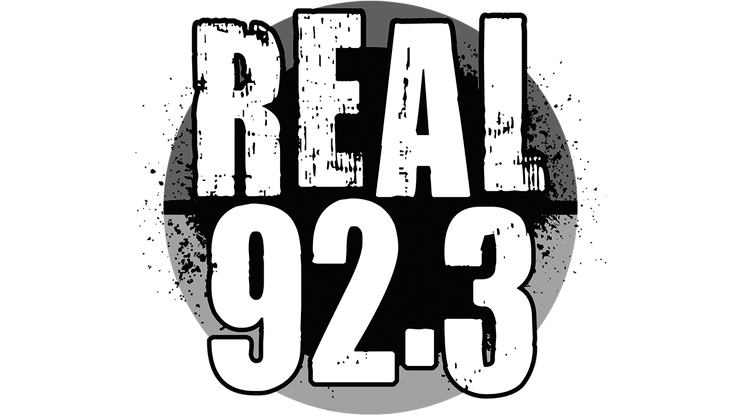TIPS TO PROTECT YOU, AND YOUR FAMILY DURING HURRICANE IRMA
With the devastating destruction of Hurricane Harvey fresh in their minds, Floridians and others along the eastern seaboard are already battening down the hatches in preparation for what could be a historic weather event. Hurricane Irma is expected to make landfall sometime in the next few days and bring with it potentially devastating rains, winds, and flooding. To keep you, your family, and your pets safe, here are some critically important tips from the experts at American Humane Rescue:
Before the storm
– Microchip pets or put a tag on their collar with your name, address and cellphone number so they may be returned quickly in case you are separated from your pets. Be sure that any microchip information is up-to-date.
– Tie down or anchor outside objects that might fly about and injure someone.
– Know a safe place where your pets can go if you need to evacuate or seek shelter. Evacuation destinations may include a friend or family member’s home, going to a pet-friendly hotel, or temporarily housing your pet(s) at a boarding facility. Plan multiple routes to your safe destination. Review your evacuation plan and double-check emergency supplies – including bowls, water and food.
– Evacuate your family and pets as early as you can and remember to take your disaster preparedness kit for your pets (i.e. First Aid kit, leashes, and pets’ carrying cases, bowls, sanitation materials, chew toy, minimum 3 days, ideally 7-10 days of food, meds, water, your veterinarian’s contact information, a photo of your pet).
– Bring pets inside; bring outdoor animals inside with a carrier ready large enough to turn around and lie down comfortably.
– Have a carrier at the ready. The portable carriers(s) should be large enough for your pets to stand-up and turn around in ready to go at a moment’s notice. Practice loading cats and dogs in pet carriers before you have to.
– If your family must evacuate, take your pets with you.
During the storm….if you cannot evacuate.
– Choose a safe room for riding out the storm—an interior room without windows – and take your entire family there, including -your pets.
– Stay with pets. If crated, they depend on you for food and water. Don’t leave pets in vehicles.
– Keep your emergency kit in that room with you (food, water, litter, meds, etc).
– Know your pet’s hiding places. That’s where they may run; keep them with you.
– Secure exits and cat doors so pets can’t escape into the storm.
– Do not tranquilize your pets. They’ll need their survival instincts should the storm require that.
After the storm
– Make sure the storm has fully passed before going outside and assess damages before allowing children or animals out.
– Keep dogs on a leash and cats in a carrier, and children close at hand. Displaced objects and fallen trees can disorient pets and sharp debris could harm them.
– Give pets time to become re-oriented. Familiar scents and landmarks may be altered and cause a pet to become confused or lost.
– Keep animals away from downed power lines and water that may be contaminated.
– Uncertainty and change in the environment affect animals, too, presenting new stresses and dangers. Your pet’s behavior may change after a crisis, becoming more aggressive or self-protective. Be sensitive to these changes and keep more room between them, other animals, children or strangers. Animals need comforting, too. Comfort your pet with kind words and lots of pats or hugs. If possible, provide a safe and quiet environment, even if it is not their own home.
About American Humane and the American Humane Rescue program
American Humane is the country’s first national humane organization, founded in 1877. For more information, please visit www.AmericanHumane.org.
The legendary American Humane Rescue program has been involved in nearly every major relief effort over the past 100 years, including World War I when they rescued wounded horses on the battlefields of Europe, the Great Ohio Flood of 1937, Pearl Harbor, Hurricane Katrina, the eruption at Mount Saint Helens, the terror attacks on 9/11, the Japanese earthquake, tsunami and nuclear disaster, Superstorm Sandy, the killer tornadoes in Joplin and Oklahoma, the Louisiana and West Virginia floods, the Tennessee wildfires, and Hurricane Harvey. The American Humane Rescue program has rescued more than 90,000 animals in just the past ten years alone.
For more information and tips, or to support American Humane Rescue’s efforts, visit www.americanhumane.org or call 1-866-242-1877.





